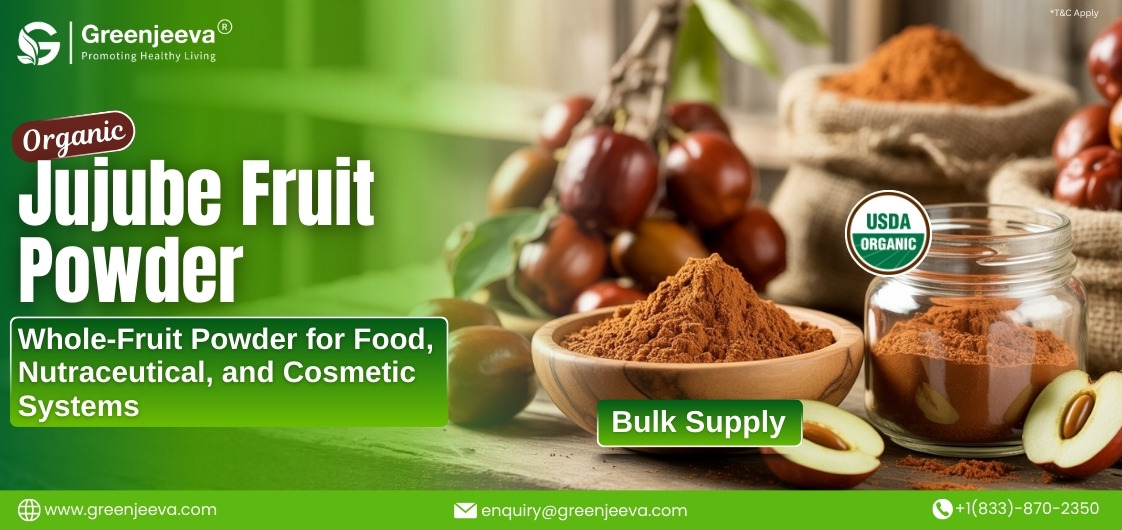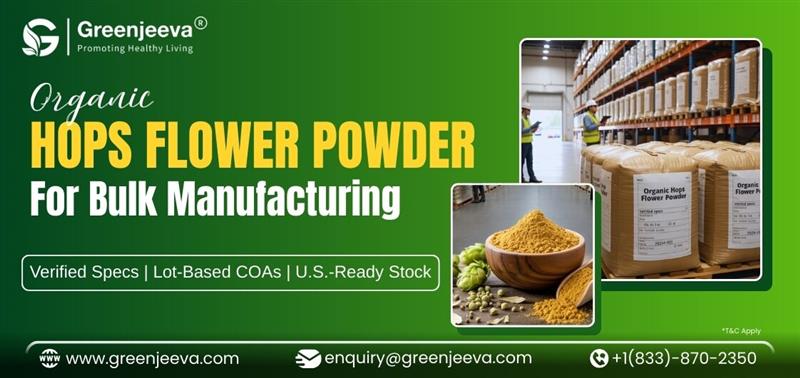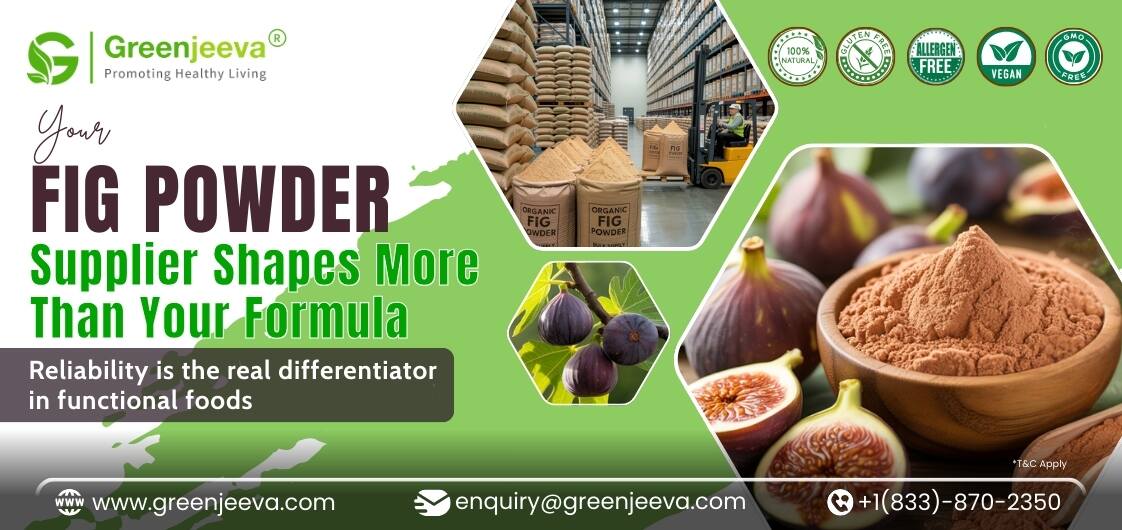Exploring The Role of Certifications in Raw Ingredient Selection for B2B Buyers

As consumers become more conscious of the impact of chemicals on the environment, herbal cleaning products have gained immense popularity. These products use organic and natural ingredients to clean surfaces without compromising on effectiveness.
If you're in the herbal cleaning products business, it's important to have the right raw ingredients that can make your products stand out.
In this blog post, we'll discuss the five must-have organic raw ingredients for your herbal cleaning products business. However, before we dive into the products, let's look at why the demand for organic raw ingredients is on the rise.
Benefits of Using Organic Raw Ingredients in Herbal Cleaning Products
Organic raw ingredients have gained a lot of popularity in the cleaning product industry due to their numerous benefits. They are eco-friendly, non-toxic, and biodegradable.
In addition, they do not contain any harsh chemicals that can harm the environment or cause health problems to users.
Using organic raw ingredients in the manufacturing of herbal cleaning products also ensures that the products are safe for use in households with children and pets.
These products are also gentle on surfaces, making them suitable for use on a wide range of surfaces, such as floors, countertops, and appliances.
Moreover, organic raw ingredients are cost-effective, readily available, and easy to work with, making them an ideal choice for businesses looking to manufacture cleaning products in bulk.
They can be easily sourced from reputable suppliers like Green Jeeva and can be used to create a wide range of cleaning products, including all-purpose cleaners, glass cleaners, and bathroom cleaners.
By incorporating organic raw ingredients into their products, businesses can also tap into the growing consumer demand for eco-friendly and sustainable products. This can help to increase sales and build a loyal customer base.
Also Know More: Certifications Matter: Navigating the Organic Juices Wholesale Market
5 Commonly Sourced Organic Ingredients for Manufacturing Herbal Cleaning Products
White Vinegar Powder
- White vinegar is a common household ingredient that is used as a natural cleaning agent. It may be an effective disinfectant. It may be used to clean surfaces like kitchen counters, floors, and windows.
- When turned into powder form, white vinegar becomes a convenient ingredient for herbal cleaning products. It is non-toxic, biodegradable, and safe for the environment.
Baking Soda
- Baking soda, also known as sodium bicarbonate, is a versatile ingredient that can be used for manufacturing cleaning agents, deodorizing properties, and stain removal products. It is a gentle abrasive that may be able to clean surfaces without damaging them.
- Baking soda is also a natural odor neutralizer, making it an ideal ingredient for herbal cleaning products.
Essential Oils
- Essential oils are concentrated plant extracts that have a variety of uses, including in herbal cleaning products. Tea tree oil, lavender oil, and lemon oil are some popular essential oils that are anciently known to have natural antimicrobial properties.
- They can be added to herbal cleaning products to support their efficient cleaning power while leaving a pleasant scent.
Borax
- Borax, also known as sodium borate, is a natural mineral that has been used for cleaning purposes for over a century. It's an effective stain remover and may be used to manufacture toilet cleaning, sink cleaning, and tile cleaning products.
- Borax is also a natural disinfectant and may help in killing bacteria and viruses.
Cornstarch Powder
- Cornstarch is a natural ingredient that can be used to make cleaning products more effective. It's a natural absorbent and can be used to soak up spills or remove grease stains.
- Cornstarch powder can also be added to herbal cleaning products to help them thicken and provide a more consistent texture.
In conclusion, the use of organic and natural ingredients in herbal cleaning products can provide a safer, eco-friendly alternative to traditional cleaning products.
These five must-have organic raw ingredients can help make your herbal cleaning products stand out in the market.
As a supplier of organic raw ingredients, Green Jeeva can provide you with the highest quality ingredients that can help make your herbal cleaning products successful.
Contact us today to learn more about our products and services.
Disclaimer:
***These statements have not been evaluated by the Food and Drug Administration. This product is not intended to diagnose, treat, cure, or prevent any disease.***






